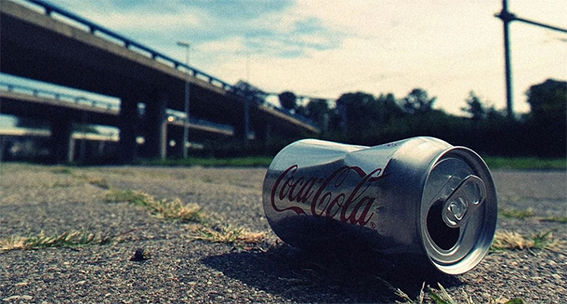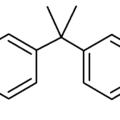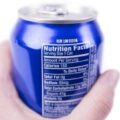This July, many industries related to canned soft drinks will have to adapt to the new change in the use of their star ingredients such as aspartame in order to position themselves as “healthy” products that do not use sugar and, therefore, are considered as light.
Specifically, the WHO will release on July 14 a couple of reports prepared by the International Agency for Research on Cancer, IARC for its acronym, in an ongoing effort to find carcinogenic products in the planet.
Aspartame is crucial to the multi-billion dollar industry that relies on sugar substitutes to be considered as an alternative by those who want to continue consuming sweet products, but wish to eliminate conventional sugar from their diet, which, by the way, was recently advised against by the WHO. According to the World Health Organization, no non-diabetic person should consume sweeteners other than sugar.
Although aspartame has become a highly demanded substance in the market that recorded a value of 9 billion dollars until 2021, it is not enough to avoid the large drop that products using it can reach. This is of concern as by 2027, the value of aspartame is estimated to reach $12 billion. This process may change radically due to recent news related to this ingredient.
The soft drink industry is not willing to budge on its position. This is closely related to the argument presented by JECFA (WHO Expert Committee on Food Additives) 40 years ago. This specialized entity has certified that aspartame is safe for consumption, as long as it is consumed in moderation, determined on a daily basis at 12 to 36 cans for a 60 kg adult.
Aspartame is one of the most researched ingredients in history, classified as safe by more than 90 food safety agencies worldwide, including the European Food Safety Authority, which conducted the most comprehensive safety assessment of aspartame to date.
It is necessary to emphasize that “possibly carcinogenic” is not the same as “carcinogenic”. The discussion regarding the dangers of excessive aspartame consumption should be approached with due care, and in no case can this conversation be intended to link aspartame as a definitive cause of cancer. This assertion lacks convincing evidence. On the other hand, WHO also did not include aspartame among the most dangerous agents for human health.












